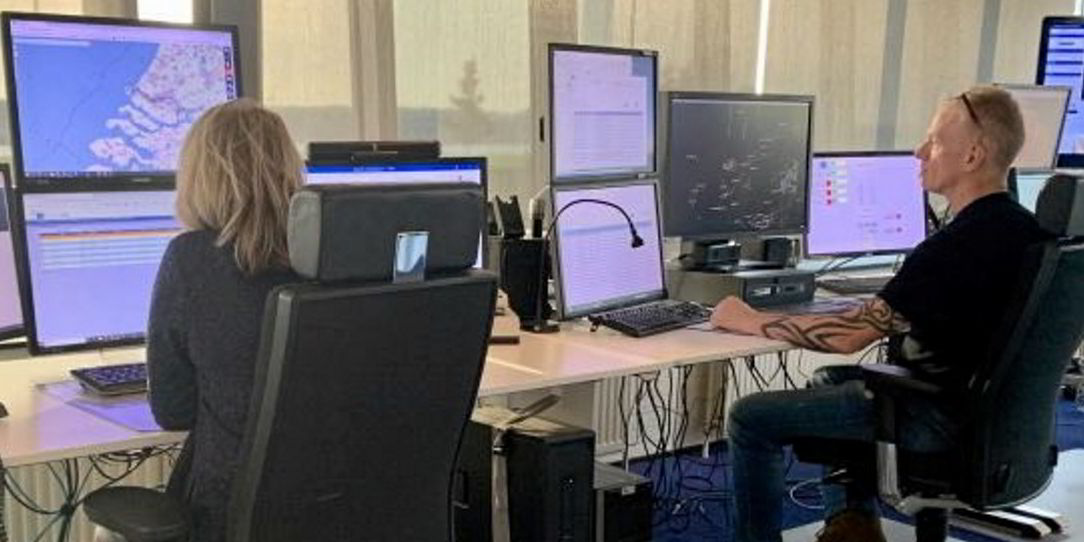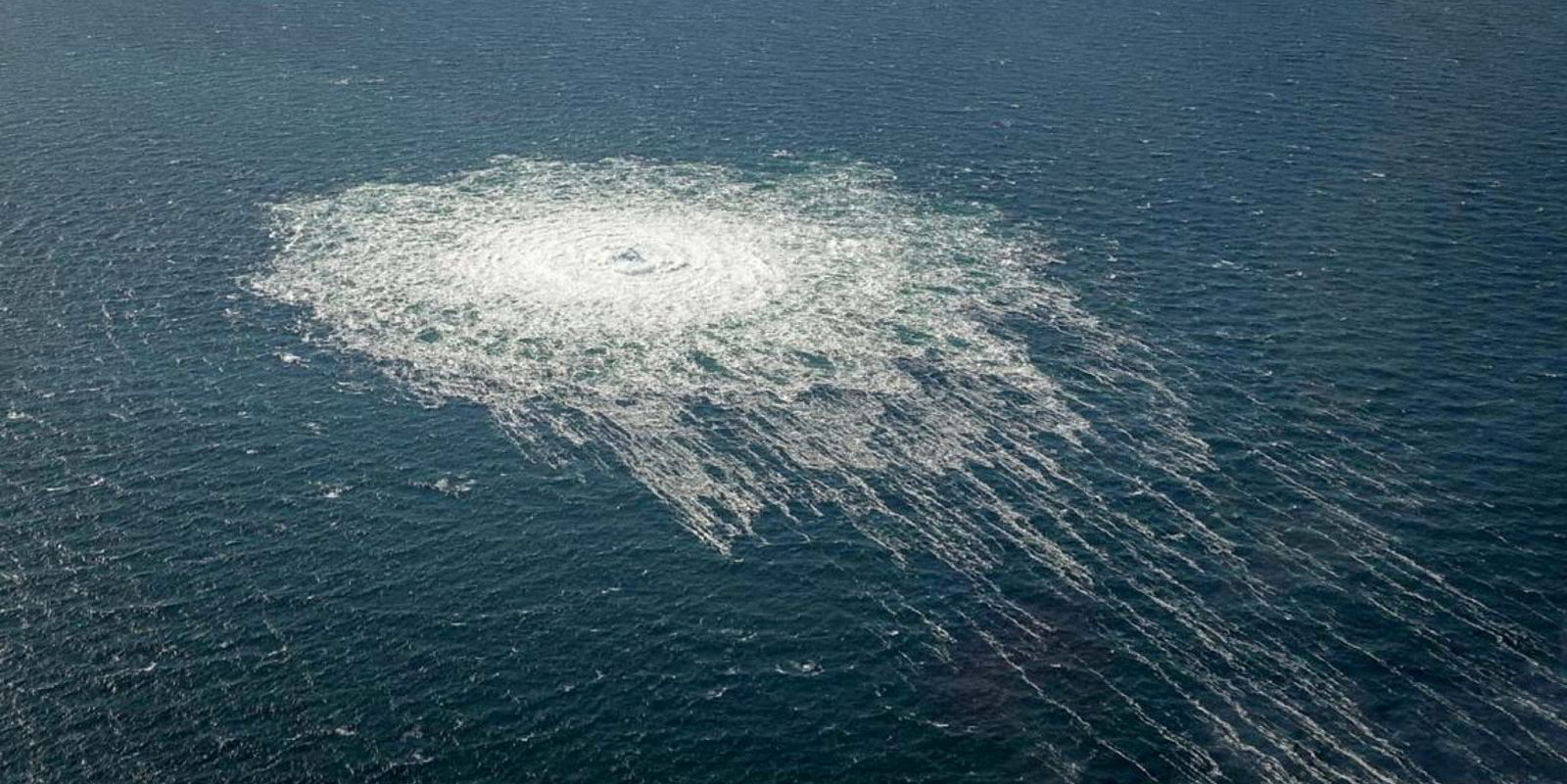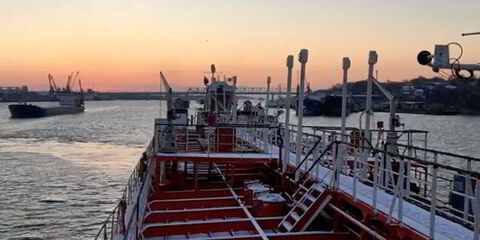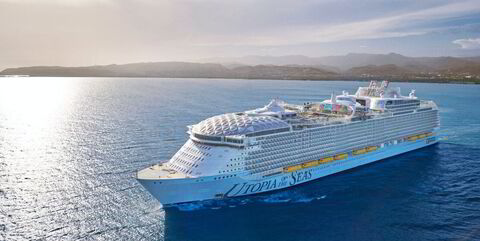Tokyo MOU Port State Control (PSC) authority has revealed its data was affected for months after being hit by what it believes was likely a cyber-attack.
In its annual report, the Asia Pacific regional port state control authority said the incident happened in July last year.
The attack caused problems with its data for months — which not only impacted the availability of data for PSC ship inspection risk assessment — but could have also created difficulties for charterers’ decision-making in the commercial market.
It said the problem “not only caused serious difficulties for authorities and PSC officers to make an accurate and effective selection of ships for inspection and to transmit inspection data efficiently ... but also created inconveniences for various parties, individuals and users from the industry, who regularly view and check Tokyo MOU PSC data”.
The authority said it will increase measures to prevent future attacks.
The report revealed that in 2022 there were 24,894 inspections in the Tokyo MOU region, representing 60% of port calls and involving 15,853 individual ships.
Although inspection levels have started to recover after the Covid pandemic, 10.5% of inspections were carried out remotely.
In 2019, before the pandemic, there were 18,461 inspections carried out.
Deficiencies were found in 12,678 of the ships inspected and 725 were detained for serious deficiencies.
White, grey and black lists
China, Singapore and Hong Kong led the Tokyo MOU Whitelist, a rolling three-year assessment of flag state PSC performance.
The US and the Netherlands were given Greylist status. The Blacklist was made up of four flags including Dominica, Mongolia, Togo and Sierra Leone.
Commenting on its concerns following the 2022 inspection results, Tokyo MOU said: “Concerns have been raised by a number of Tokyo MOU authorities that there are increasing ship incidents due to lack of effective maintenance of main engines and power generation systems including poor implementation of planned maintenance. This situation poses serious risks to the safety of ships and the marine environment.”
In response, Tokyo MOU said it would increase focus on planned maintenance during inspections.





